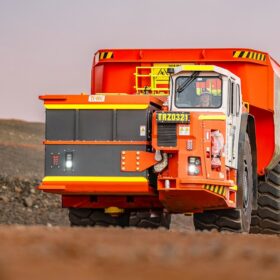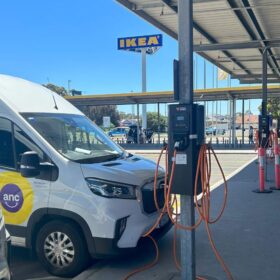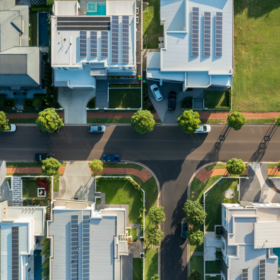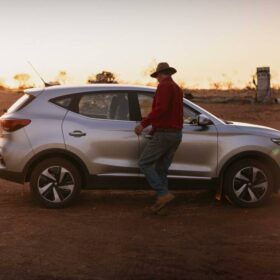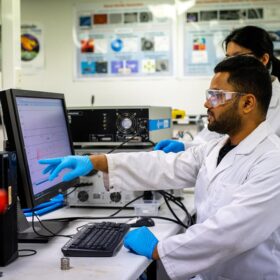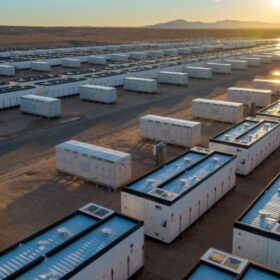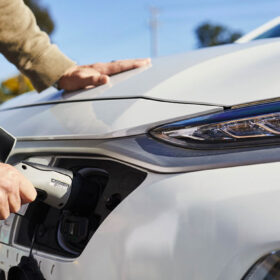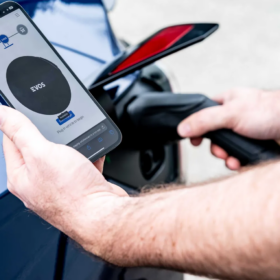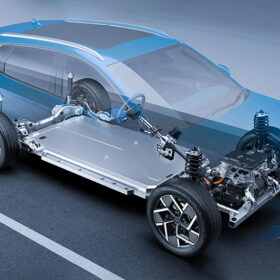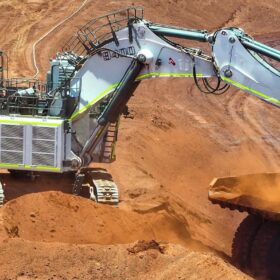Study shows all-electric mine fleet already feasible
The decarbonisation of mining operations continues to find support with a new report showing that an all-electric underground fleet for the Cosmos nickel project in Western Australia would be technically feasible and cost competitive with the existing all-diesel operating fleet that was planned.
Ikea aims to drive EV uptake with nationwide charging network
The Australian arm of Swedish furniture giant Ikea will partner with Melbourne-based electric vehicle charging infrastructure company Jet Charge to establish a national charging network at its stores across the country.
South Australia trials energy-smart homes to ease pressure on grid
An ‘Australian first’ demonstration of aggregated flexible demand in residential settings will be rolled out in South Australia with the state’s principle electricity distributor to deliver smart energy upgrades for 500 households as part of a pilot program that aims to coordinate power usage to better support the grid.
EV battery range and price discrepancies good news for buyers
Despite a rapidly evolving electric vehicle market, myths that they are unsuited to Australian roads have persisted. According to the Electric Vehicle Council, there remains a misconception that EVs are unsuited to Australian conditions due to low battery ranges, the landscape and the country’s immature EV charging infrastructure.
Lithium-sulphur battery player claims to have nailed safety standards
Queensland battery tech company Li-S Energy claims to have taken a significant step towards proving the safety of its semi-solid-state lithium sulfur batteries with the third-generation technology successfully passing a series of nail penetration tests.
IEA calls for sixfold expansion of global energy storage capacity
The International Energy Agency has issued its first report on the importance of battery energy storage technology in the energy transition. It has found that tripling renewable energy capacity by 2030 would require 1,500 GW of battery storage.
Report shows car batteries can optimise power grid
A report commissioned by the Australian Renewable Energy Agency has found that if 10% of the nation’s vehicles are electric and utilise vehicle-to-grid connections, they could reduce peak electricity demand at local substations by 6% and save car owners hundreds of dollars per year on charging costs.
Evos system designed to accelerate workplace EV transition
A smart phone, an app and new fleet management system are tools of choice for Queensland clean tech startup Evos Energy which has evolved its electric vehicle charging solutions to enable businesses to transition work and staff vehicles to electric.
Battery price war could soon make electric vehicles cheaper
The main cost of an electric vehicle is its battery. The high cost of energy-dense batteries has meant EVs have long been more expensive than their fossil fuel equivalents. But this could change faster than we thought.
Electric excavator edging diesel alternative at Fortescue mine site
Mining and energy major Fortescue says the performance of an electric excavator operating at its Cloudbreak mine site in Western Australia’s is continuing to improve but is at times already performing better than its diesel equivalent.
